|

On eBay Now...
King Alexander I Yugoslavia Serbia Royalty Signed Document Manuscript Autograph For Sale
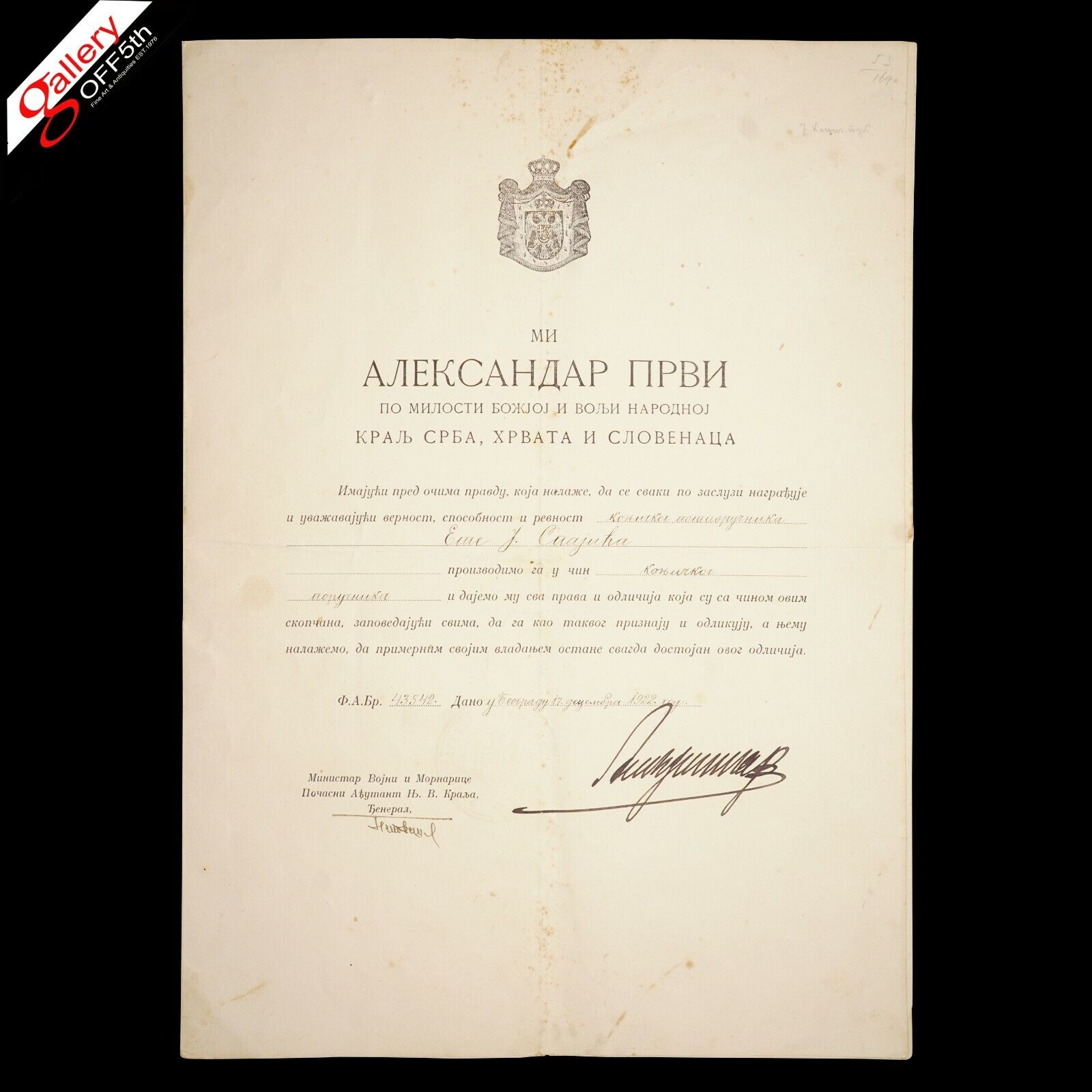
When you click on links to various merchants on this site and make a purchase, this can result in this site earning a commission. Affiliate programs and affiliations include, but are not limited to, the eBay Partner Network.

King Alexander I Yugoslavia Serbia Royalty Signed Document Manuscript Autograph:
$499.95
LOT-B8. For your consideration is an exceedingly rare and important royal manuscript document hand-signed by King Alexander I of Yugoslavia, Serbia, and Croatia, c.1922. Bearing royal embossed Yugoslav seal with coat of arms at bottom center of the document. Royal document concerning rank promotion from Second lieutenant to First lieutenant. Size (opened, unfolded): 50 / 34.8 cm. Alexander I (16 December 1888 [O.S. 4 December] – 9 October 1934), also known as Alexander the Unifier, was a prince regent of the Kingdom of Serbia from 1914 and later a King of Yugoslavia from 1921 to 1934 (prior to 1929 the state was known as the Kingdom of Serbs, Croats and Slovenes). He was assassinated in Marseille, France, by assassin and revolutionary Vlado Chernozemski during a state visit.
Alexander Karađorđević was born on 16 December 1888 in the Principality of Montenegro as the fourth child (second son) of Peter Karađorđević (son of Prince Alexander of Serbia who thirty years earlier in 1858 was forced to abdicate and surrender power in Serbia to the rival House of Obrenović) and Princess Zorka of Montenegro (eldest daughter of Prince Nicholas of Montenegro). Despite enjoying support from the Russian Empire, at the time of Alexander\'s birth and early childhood, the House of Karađorđević was in political exile, with different family members scattered all over Europe, unable to return to Serbia, which had recently been transformed from a principality into a kingdom under the Obrenovićs, who ruled with strong support from Austria-Hungary. The antagonism between the two rival royal houses was such that after the assassination of Prince Mihailo Obrenović in 1868 (an event Karađorđevićs were suspected of taking part in), the Obrenovićs resorted to making constitutional changes, specifically proclaiming the Karađorđevićs banned from entering Serbia and stripping them of their civic rights.
Alexander was two when his mother Princess Zorka died in 1890 from complications while giving birth to his younger brother Andrija, who also died 23 days later.Alexander spent his childhood in Montenegro; however, in 1894 his widower father took the four children, including Alexander, to Geneva where the young man completed his elementary education. Alongside his older brother George, he continued his schooling at the imperial Page Corps in St Petersburg, Russian Empire. The British historian R. W. Seton-Watson described Alexander as becoming a Russophile during his time in St. Petersburg, feeling much gratitude for the willingness of the Emperor Nicholas II to give him a refuge, where he was treated with much honor and respect. As a page, Alexander was described as hard-working and determined while also being a \"loner\" who kept to himself and rarely showed his feelings. Being a Karađorđević led to Alexander being invited by Nicholas II to dinner at the Winter Palace, where he was the guest of honor at meals hosted by the Russian imperial family, which was a great honor for a prince from Serbia\'s deposed royal family. During his time in St. Petersburg, Alexander visited the Alexander Nevsky Monastery, where the abbot gave Alexander an icon of Prince Alexander Nevsky and guided him to the grave of Marshal Alexander Suvorov. After his visit to the monastery, Alexander expressed the wish to be a great general like Marshal Suvorov or Prince Alexander Nevsky, saying he wanted to be commanding either a great army or a great armada when he was a man.
In 1903, while young George and Alexander were in school, their father and a slew of conspirators pulled off a bloody coup d\'état in the Kingdom of Serbia known as the May Overthrow in which King Alexander and Queen Draga were murdered and dismembered. The House of Karađorđević thus retook the Serbian throne after forty-five years and Alexander\'s 58-year-old father became King of Serbia, prompting George\'s and Alexander\'s return to Serbia to continue their studies. After Alexander\'s 15th birthday, King Peter had Alexander enlisted into the Royal Serbian Army as a private with instructions to his officers to only promote his son if he proved worthy. On 25 March 1909, Alexander was suddenly recalled to Belgrade by his father with no explanation offered other then he had an important announcement for his son.
One of the key moments in Prince Alexander\'s life occurred on 27 March 1909 when his older brother Crown Prince George publicly renounced his claim to the throne after strong pressure from political circles in Serbia. George was long considered unfit to rule by many in Serbia including powerful political and military figures such as prime minister Nikola Pašić, as well as high-ranking officers Dragutin \"Apis\" Dimitrijević and Petar Živković who did not appreciate the young man\'s impulsive nature and unstable, incident-prone personality. George killed his servant Kolaković by kicking him in the stomach, which served as the final straw. It grew into a huge scandal in the Serbian public as well as in the Austro-Hungarian press, which reported extensively on it, and 21-year-old Prince George was forced into renouncing his claim to the throne.
In 1910 Prince Alexander nearly died from stomach typhus and was left with stomach problems for the rest of his life. In the run-up to the First Balkan War, Alexander played the role of a diplomat, visiting Sofia to meet Tsar Ferdinand of Bulgaria for secret talks for a Balkan League, which was intended to drive the Ottomans out of the Balkans. Both Bulgaria and Serbia had rival claims to the Ottoman region of Macedonia, and the talks with Ferdinand, known as \"Foxy Ferdinand\" due to his cunning, were difficult. Together with Tsar Ferdinand\'s son, Crown Prince Boris (the future Tsar Boris III), Alexander traveled to St. Petersburg to see Nicholas II to ask for Russian mediation on certain points that were dividing the Serbs and Bulgarians. In March 1912, Serbia and Bulgaria signed an alliance that was later joined by Greece.

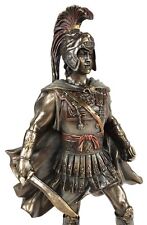
10" King Alexander The Great Standing W Sword Statue Bronze Finish Sculpture $70.88

11.5" King Alexander The Great Standing W Sword Statue Bronze Finish Sculpture $88.09
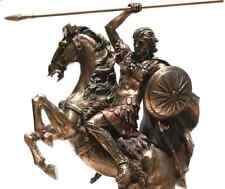
Alexander the Great on Horse Macedonian King Warrior Statue Sculpture $172.90
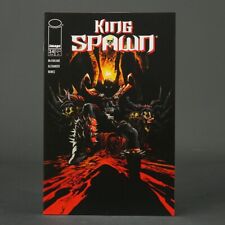
KING SPAWN #34 Cvr A Image Comics 0324IM253 34A (A/CA) Alexander (W) McFarlane $2.39
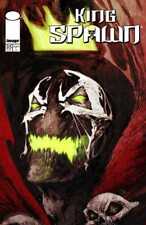
King Spawn #35 Cover B Jason Shawn Alexander Variant $2.99

The DALMORE Scotch Whisky King ALEXANDER III Presentation Box And Empty Bottle $59.00
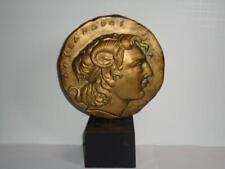
VINTAGE GREEK KING ALEXANDER THE GREAT STATUE BY THE ART MINT $139.99

Serbian pin Wedding of King Alexander and Mary Karadjordjevic KY (1059.) $45.00
|